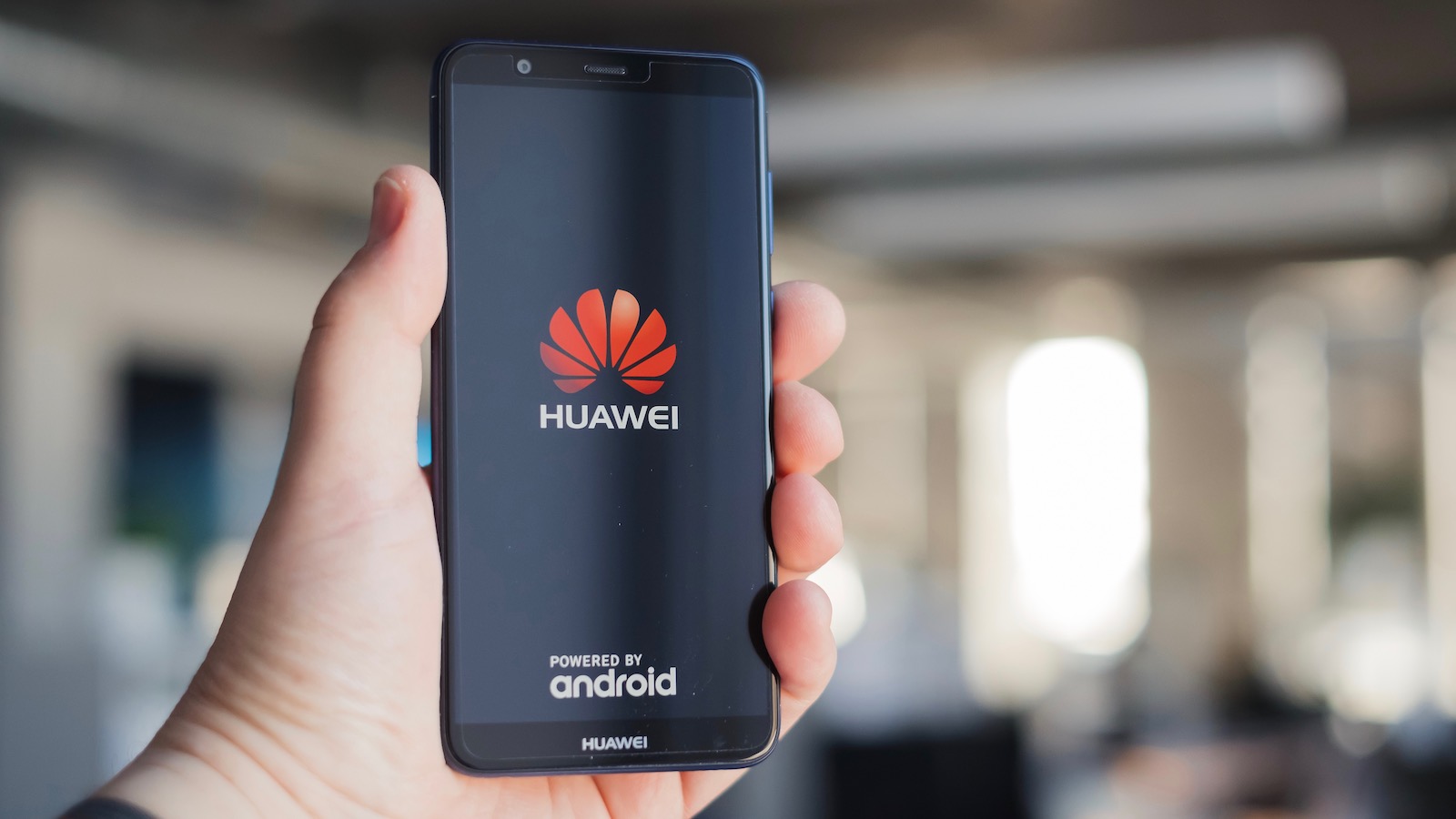Intel and Qualcomm lobby against Huawei ban
US chipmakers could stand to lose tens of billions

While coverage surrounding the US government's Huawei ban has focused primarily on how the Chinese tech giant will be affected, it's worth remembering that the company's US suppliers also stand to lose a great deal of money in the fallout of President Trump's executive order.
Now, it appears that US chipmakers, including Intel, Qualcomm and Xilinx Inc, have been quietly lobbying the US government in an effort to ease the Huawei ban, as reported by Reuters.
- Huawei ban: the global fallout explained
- Huawei has allegedly cut phone production orders after Google ban
- UK to decide on possible Huawei ban
Citing sources close to the situation, executives from Intel and Xilinx Inc reportedly met with the US Commerce Department in late May to discuss a response to the Trump Administration's decision to place Huawei on the 'entity list', effectively barring US companies from trading with the Chinese brand.
According to four other sources, Qualcomm has also reportedly met with the Commerce Department to discuss the issue. The Semiconductor Industry Association trade group has confirmed that it arranged meetings with US government on behalf of the chipmakers.
While the American chip suppliers don't deny the potential threat to national security that Huawei's 5G networking technology could present, the US companies also argue that the Chinese firm's servers and smartphones use commonly available components and are far less likely to pose a risk, sources also suggest.
Of course, the discussions are just that – a representative for the Commerce Department told Reuters that the governmental body “routinely responds to inquiries from companies regarding the scope of regulatory requirements,” but that the discussions do not “influence law enforcement actions.”
Looking out for number one
One thing that shouldn't be confused is the real reason for the US chipmakers' interest in the matter, which is to prevent the potential loss of billions in revenue.
Get daily insight, inspiration and deals in your inbox
Sign up for breaking news, reviews, opinion, top tech deals, and more.
"This isn’t about helping Huawei. It’s about preventing harm to American companies," said one of Reuters' sources.
The report also states that of the "$70 billion that Huawei spent buying components in 2018, some $11 billion went to U.S. firms including Qualcomm, Intel and Micron Technology Inc."
Singaporean-owned (but US-based) chipmaker Broadcom has already reported a decline in Q2 revenues and has lowered its expectations for the rest of the year, citing the US Huawei ban as the chief cause.

Stephen primarily covers phones and entertainment for TechRadar's Australian team, and has written professionally across the categories of tech, film, television and gaming in both print and online for over a decade. He's obsessed with smartphones, televisions, consoles and gaming PCs, and has a deep-seated desire to consume all forms of media at the highest quality possible.
He's also likely to talk a person’s ear off at the mere mention of Android, cats, retro sneaker releases, travelling and physical media, such as vinyl and boutique Blu-ray releases. Right now, he's most excited about QD-OLED technology, The Batman and Hellblade 2: Senua's Saga.